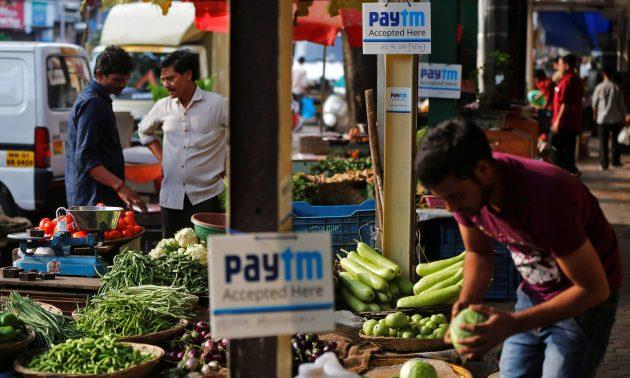
India's digital payment firms oppose new regulations
When the Indian Government demonetized high value currency last year, mobile wallet companies were seen as the poster boys of the brave new cashless world. Companies such as Paytm, MobiKwik and FreeCharge made a killing with sharp rise in transactions.
However, the stringent regulations drawn up by India's central bank Reserve Bank of India (RBI) to oversee digital payment companies have prompted the industry to join forces and seek changes in a few of the stipulations, reports
The Payments Council of India, an industry grouping, has already written to RBI seeking a hearing on issues they deem as 'critical' to the industry. They felt some of the provisions would ‘cripple' the industry, the daily added.
Their major points of concern are the RBI's demand for a mandatory full KYC or know your-customer certification, phased introduction of interoperability and restriction of peer-to-peer fund transfer in semi-KYC wallets.
Companies believe the prohibition of inter-wallet transactions, along with transfer of funds from bank account to wallet from semi-KYC accounts, will destroy the relevance of mobile wallets.
Digital wallets have largely been viewed as a preferred mode of fund transfer for small value and among people who cannot easily open a bank account. The domestic remittance business is based on mostly migrant workers using prepaid instruments to send money home.
As these workers keep traveling to different places in search of employment, they find it difficult to furnish local address proofs. Hence in such cases doing a full-KYC to open a digital wallet every time will be a major hindrance for smooth business, the daily added.
The DailyBrief Must-reads from across Asia - directly to your inbox Comments
Legal Disclaimer:
MENAFN provides the
information “as is” without warranty of any kind. We do not accept
any responsibility or liability for the accuracy, content, images,
videos, licenses, completeness, legality, or reliability of the information
contained in this article. If you have any complaints or copyright
issues related to this article, kindly contact the provider above.
















Comments
No comment